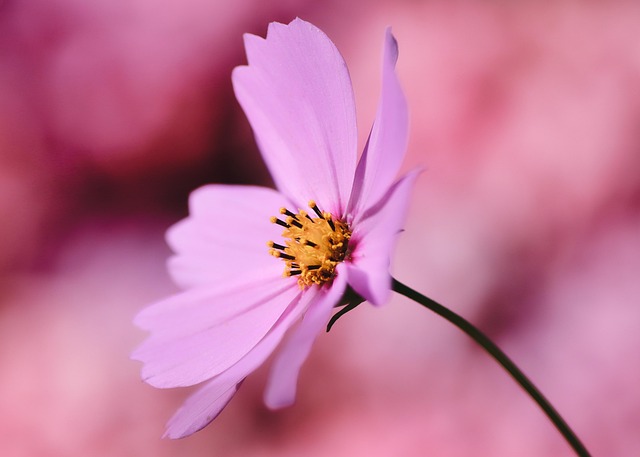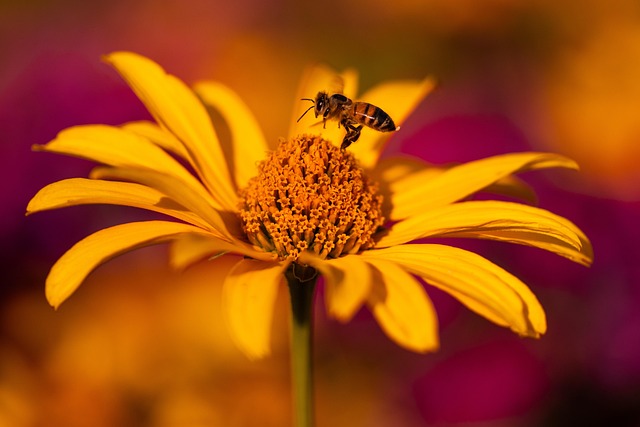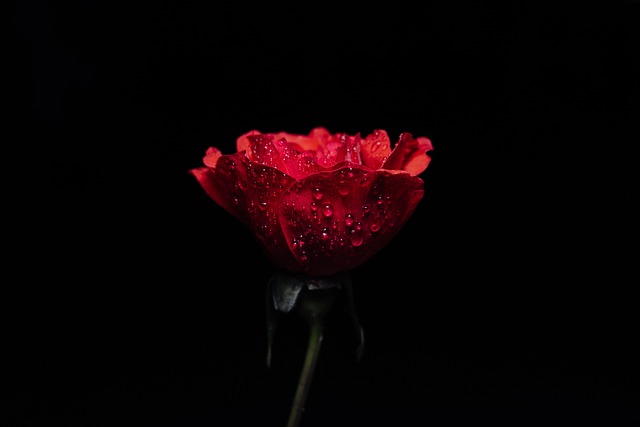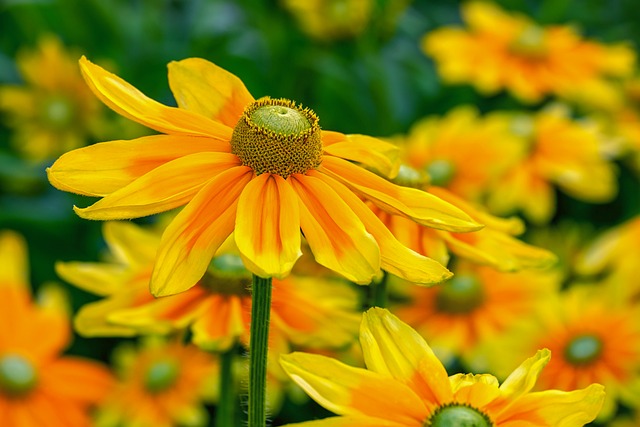THCA (Tetrahydrocannabinol Acid), a natural compound in cannabis, is the non-psychoactive form that serves as a precursor to THC. Unlike THC, THCA doesn't induce euphoria and exists in a solid state. When heated or decarboxylated, it converts to THC, offering medicinal benefits like pain relief without the 'high'. While THCA flower is legal in some regions, safe consumption requires small doses, controlled environments, and awareness of regional laws due to its potential conversion to potent THC.
“Curious about the effects of THCA flower? This guide unravels the truth behind its potential to get you high. We explore the science behind tetrahydrocannabinolic acid (THCA), a non-psychoactive compound found in cannabis, and its role in the plant’s overall effects. By separating fact from fiction, we provide insights into what THCA truly does and don’t do. Additionally, we discuss legal considerations and safety tips for those exploring THCA consumption. Dive into this comprehensive overview to understand THCA flower like never before.”
- Understanding THCA: The Non-Psychoactive Compound
- The Role of THCA in Cannabis's Effects
- Separating Fact from Fiction: Does THCA Get You High?
- Legal and Safety Considerations for THCA Consumption
Understanding THCA: The Non-Psychoactive Compound

THCA, or Tetrahydrocannabinolic Acid, is a naturally occurring compound found in the cannabis plant. Often referred to as the non-psychoactive counterpart of THC (Tetrahydrocannabinol), THCA doesn’t produce the same euphoric effects associated with traditional cannabis use. Instead, it serves as a precursor to THC when heated or decarboxylated. In its raw form, THCA exists in a solid, crystalline structure within the cannabis flowers and other parts of the plant.
Understanding THCA is crucial when discussing the potential effects of consuming or using thca flower. Unlike THC, which binds to CB1 receptors in the brain responsible for creating psychoactive experiences, THCA does not directly activate these receptors. Research suggests that THCA may offer a range of health benefits without the high often associated with cannabis use. This makes it an attractive option for those seeking medicinal properties of cannabis without the mind-altering effects.
The Role of THCA in Cannabis's Effects

The role of THCA (Tetrahydrocannabinol Acid) in cannabis’s effects is a crucial aspect to understand when considering the impact of thca flower. Unlike THC, the well-known psychoactive compound, THCA doesn’t directly get you high. Instead, it serves as a precursor to THC, undergoing a conversion process once consumed. When eaten or heated, THCA transforms into THC, which is responsible for the plant’s intoxicating properties.
In thca flower, this acid form offers a unique experience. While not inducing the same level of euphoria as THC, THCA provides subtle effects, often described as more medicinal and less mind-altering. Its non-intoxicating nature makes it appealing for those seeking relief from pain, inflammation, or anxiety without the intense high associated with cannabis consumption.
Separating Fact from Fiction: Does THCA Get You High?

Many people curious about the effects of a THCA flower wonder if it gets them high, leading to a clouded understanding of this compound. It’s essential to separate fact from fiction here. THCA (tetrahydrocannabinol acid) itself does not produce an intoxicating or psychoactive effect similar to that of its decarboxylated form, THC. While THCA is indeed present in cannabis flowers and responsible for various therapeutic benefits, it doesn’t bind to the same receptors in the brain as THC, which is what causes the feeling of being “high.”
The confusion often arises from the fact that THCA can be converted into THC in the body when heated or decarboxylated. However, simply consuming raw cannabis flowers won’t get you high because THCA remains largely inactive until processed. To achieve a psychoactive effect, THCA must be transformed into THC through heating, much like during the traditional drying and curing process of cannabis flower for consumption. This transformation allows the compound to interact with our endocannabinoid system, potentially offering relief from pain, anxiety, and other conditions, but not in its natural, unaltered form as found in fresh flowers.
Legal and Safety Considerations for THCA Consumption

The legality and safety of consuming THCA (Tetrahydrocannabinol Acid) flower vary significantly across different regions, which is a crucial consideration for anyone looking to use this substance. In many places, cannabis products containing THC, including THCA flower, are strictly regulated and only accessible through licensed medical or recreational dispensaries. These regulations aim to ensure quality control, prevent underage access, and promote safe consumption practices.
When consuming THCA flower, it’s essential to prioritize safety. THCA is non-psychoactive in its natural form, meaning it doesn’t produce the same “high” as THC. However, when decarboxylated (heated to convert THCA into THC), it can have potent effects. It’s important to start with small doses and consume them in a controlled environment to monitor personal reactions. Proper preparation methods, such as infusing THCA into edible products or using vaporizers, can also help manage the intensity of the experience.
While THCA flower is a fascinating component of cannabis, it’s important to note that it does not produce the characteristic “high” associated with traditional cannabis consumption. Unlike THC, THCA doesn’t bind to the same receptors in the brain, leading to a lack of psychoactive effects. However, its role in providing potential therapeutic benefits cannot be overlooked, especially in terms of pain relief and anti-inflammatory properties. When considering the use of THCA flower, it’s crucial to stay informed about legalities and safety precautions to ensure a responsible and beneficial experience.
